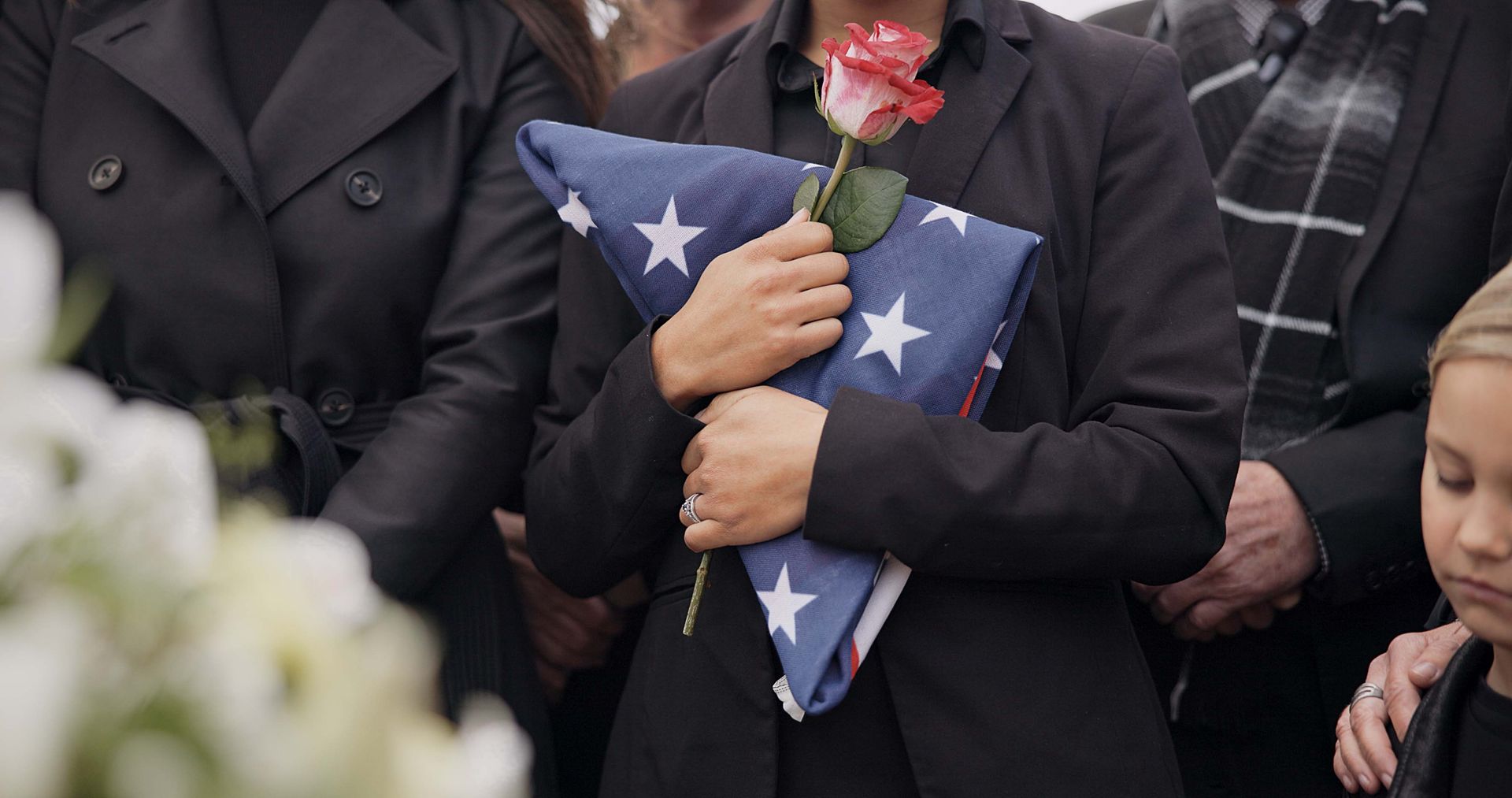Losing a loved one is an emotional experience, and knowing what steps to take afterward helps make the process smoother.
From handling immediate tasks to planning a funeral and managing legal matters, this guide offers a simple, approachable checklist. Here’s how to navigate the days and weeks after a loved one’s passing.
Who Should I Contact First When Someone Dies?
After a loved one passes, contacting the right people is essential. Here’s where to start:
What Should I Do in the First 24 Hours After Someone Passes Away?
In the initial hours of a loved one’s passing, taking care of practical details can feel overwhelming. Here are some essential steps to consider:
- Take Care of Dependents and Pets:
If your loved one has dependents, such as children or pets, ensure they are cared for. If needed, reach out to family or friends for temporary assistance.
- Locate Important Documents: Start gathering essential documents, including identification, health insurance information, and any pre-planning funeral documents or a will.
- Arrange for the Care of the Deceased’s Home: If your loved one lived alone, arrange for someone to secure their home, collect mail, and ensure any pets or plants are cared for.
How Do I Obtain a Death Certificate in Tulsa?
The death certificate is an essential document that will be needed for many subsequent tasks. Here’s how to obtain it:
- Request from the Funeral Home: Most funeral homes will help you obtain multiple copies of the
death certificate
from the county health department. Ask for several copies, as they will be needed for financial and legal matters.
- Know Where You’ll Need Copies: Banks, insurance companies, government agencies, and estate attorneys are common places that require a death certificate.
What Legal and Financial Steps Should I Take After Someone Dies?
Notify Financial Institutions
- Contact Banks and Credit Unions: Inform your loved one’s banks and credit unions of their passing. They may require a death certificate and other documentation to close accounts or transfer funds to beneficiaries.
- Reach Out to Insurance Companies: Notify life insurance companies of the death to initiate claim processes. You’ll need to provide a copy of the death certificate. You may need policy information, often found among your loved one’s important papers.
Begin Managing the Estate
- Locate the Will: If your loved one had a will, locate it to determine who the executor is and what steps to take next. The will often specifies instructions for asset distribution and appoints an
executor to manage the estate.
- Consult an Estate Attorney: If the estate is complex, consult an estate attorney to help you with the probate process, especially if there are property, investments, or debts to manage. Many attorneys in Tulsa and Bixby specialize in estate law and can guide you through the legal requirements.
What Funeral Arrangements Do I Need to Make?
Planning a funeral is a personal and often emotional process. Here’s a guide to help you make arrangements that honor your loved one’s wishes.
Choose the Type of Service
- Traditional Funeral or Celebration of Life?: Decide whether you want a traditional funeral, memorial service, or celebration of life. Each has its own tone and format, so choose the one that best reflects your loved one’s personality and values.
- Burial or Cremation: This is an important decision, often based on personal beliefs, family traditions, or instructions left by the deceased. Your Funeral Director can walk you through the process and options for each.
Personalize the Service
- Include Meaningful Details:
Personal touches can make the service feel intimate and memorable. Consider elements like special music, meaningful readings, and a display of photos or mementos that represent your loved one’s life.
- Coordinate with the Funeral Home: Your Funeral Director will assist in setting up the service, arranging flowers, organizing the order of events, and helping with other details to ensure everything runs smoothly.
Who Else Needs to Be Notified After a Loved One Passes?
How Can You Manage a Loved One’s Estate?
Managing a loved one’s estate involves handling financial matters, distributing assets, and paying debts. Here’s how to approach this process:
- Inventory Assets: List your loved one’s assets, including bank accounts, property, vehicles, investments, and valuables.
- Pay Outstanding Bills and Debts: Use funds from the estate to settle outstanding bills and debts. Work with creditors to ensure any final payments are made promptly.
- Distribute Assets to Beneficiaries:
After settling debts, distribute assets to beneficiaries as specified in the will. If there is no will, follow state laws regarding inheritance.
Is Support Available for Grieving Loved Ones in Tulsa and Bixby?
Grief can be challenging to handle alone. If you need support, there are resources in Tulsa and Bixby that offer counseling, bereavement groups, and other support services.
- Bereavement Counseling: Local counselors and mental health professionals specialize in grief counseling and can help you navigate this difficult time.
- Support Groups: Many community organizations and places of worship host bereavement groups, offering a supportive environment where people can connect and share experiences.
- Funeral Homes’ Grief Support Programs: Many funeral homes in Tulsa offer aftercare and grief support programs to help families through the mourning process. These programs may include educational resources, counseling referrals, and group support.
How Can You Find Comfort After the Death of a Loved-One?
Losing a loved one is always difficult, but finding ways to honor their memory can provide comfort and healing. Here are some ideas:
- Create a Memory Book or Video Tribute: Gather photos, stories, and memories into a book or video that can be shared with family and friends.
- Plant a Memorial Tree:
Planting a tree in your loved one’s memory provides a lasting tribute that grows over time.
- Donate in Their Name: Consider donating to a charity or cause your loved one cared about.
Is There a Checklist for Managing Tasks After a Loved One Dies?
Having a checklist can make a difficult time more manageable. Here’s a simple checklist to guide you:
- Contact medical authorities to confirm the death.
- Notify close family members and friends.
- Secure dependents, pets, and the deceased’s home.
- Contact a funeral home to arrange services.
- Obtain several copies of the death certificate.
- Notify banks, insurance companies, and relevant organizations.
- Begin managing the estate, including paying bills and distributing assets.
- Notify government agencies, such as the Social Security Administration.
- Seek support from local bereavement and counseling services if needed.
Taking it one step at a time can help you handle the process with less stress, ensuring that all essential tasks are completed while honoring your loved one’s legacy. For families in Tulsa and Bixby, remember that local resources are available to provide guidance and support through every stage.





